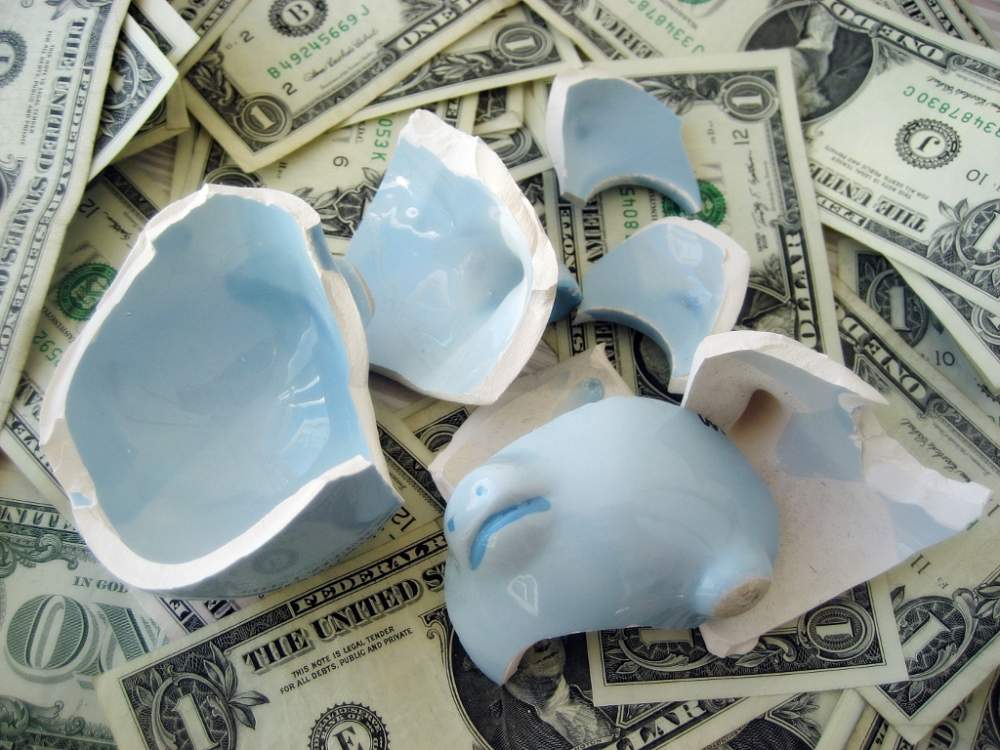When I started college, I decided to major in psychology because it was the only subject that truly fascinated me. I had originally planned to get a Ph.D. in psychology and become a researcher. I often wondered what would happen if my Ph.D. plans fell through and I graduated with “only” a bachelor’s degree in psychology. My parents assured me that as long as I had a degree – in any subject – I would land a good job.
Then came the recession in 2008.
When I saw how much trouble my friends were having with landing even crappy retail jobs, I became very concerned about my future. I contemplated changing my major often, but the only subjects I excelled in and felt passionate about were other useless liberal arts subjects. Majoring in sociology, child psychology, or English probably wouldn’t have benefitted me any more than majoring in psych. Eventually I found I/O Psychology (the study of human behavior in the workplace) and decided to get my master’s in Human Resources Management.
I naively believed that the insane price tag (more expensive than medical school) on my master’s degree would be worthwhile even though I had zero work experience in HR prior to starting grad school. Needless to say, it wasn’t. I ended up buried in student loan debt and working a temp HR Assistant job that paid less than the TA job I’d had during grad school.
[callout title=” text=’We realized something frightening – that buying a home at this point in our lives would likely put us in an endless spiral of debt.’ button_text=” button_link=”]
After my hubby and I got married and I landed a permanent job, we decided to start looking for a home and planned to put our savings toward a down payment.
After we did the math, we realized something frightening – that buying a home at this point in our lives would likely put us in an endless spiral of debt forever.
We could maybe afford a cheap mortgage, our student loan payments, and our other bills – but just barely. There would be no cushion at all. Our entire savings would go toward the down payment on the home. We would have no emergency fund. Every month, we would be living paycheck to paycheck. If even one thing went wrong – if one of our cars had problems (which is likely considering my car is 15 years old and the hubby’s car has a ton of miles on it) or if anything else came up – we wouldn’t be able to cover it. We would have no choice but to put it on a credit card.
[callout title=” text=’When you find yourself in debt, the first step to getting out is to stop digging.’ button_text=” button_link=”]
This would likely continue for the next 10 years until our student loans would be paid off. The student loans would be gone, but by then, we could have accumulated a comparable amount in credit card debt.
Some people say this is acceptable, that this is how “normal” millennials live. Others would say “rent an apartment instead of buying a house”, but where we live, apartment rent (even in a cheaper area) isn’t that much less than a mortgage.
I don’t want to be “normal”. I don’t want to continue on an endless path of shackling debt. When you find yourself in debt, the first step to getting out is to stop digging.
So we gave my parents a proposal. We asked to live with them for the next three years until our loans are paid off (and explained to them that this would save us $40,000 in interest) and told them we were willing to pay them rent every month. This eases the burden on my parents, and it still saves the hubby and me tens of thousands of dollars in apartment rent and interest on our student loans.
If your student loan payments are a huge chunk of your income, and you are considering buying a house, I highly recommend asking yourself these questions:
Can you really afford it? Will it put you in an endless spiral of debt? Is it worth it?
If you don’t want to put yourself in a cycle of debt, why not do something different?
Don’t be “normal”.
Live with your parents if you can. If you can’t do that and there are cheap apartments in your area, rent one for a while. Pay your student loans in full or pay them down until your monthly payment is no longer horrifying. Then buy a house.
Live differently. It will be worth it in the end.
Other stuff you might like:
Let’s Stop Rewarding Ourselves with Excess
Who is More Entitled: Baby Boomers or Millennials?
Unpaid Internships: Learning Opportunities or a Legal Form of Slavery?
7 Things I Wish I’d Known Before I Started College
My Summer Bucket List




I think what you and your hubby are doing is brave, i.e. staying with your parents. I think it’s basic in us humans to survive and accomplish a goal. Your goal is to be debt free and one solution for you is to live with your parents and save a lot a lot of money. So, I applaud you in all you do.
Thanks, Gilbert! I hear you are doing very well with your savings goals :) That’s awesome! Good for you!